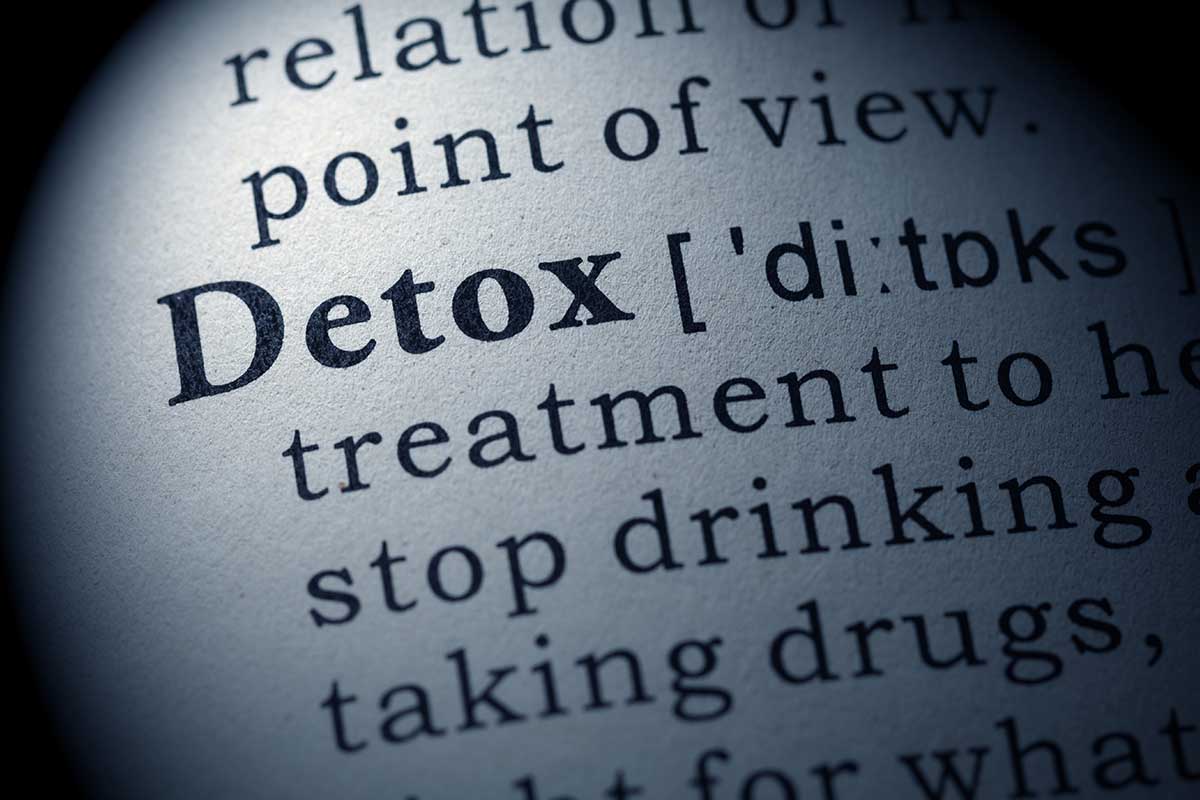
Drug detox is a vital part of ending addiction. Some drug rehab programs across the United States offer detox programs on-site. Others partner with an off-site detox clinic to help the individual withdraw. The patient then returns to the rehab program for treatment. However, only some patients need to detox from drugs.
Drug addiction continues to be a major public health crisis in the United States. In 2019, an estimated eight million people aged 12 or older had at least one illicit drug use disorder related to heroin, cocaine, meth, and other drugs. Millions of people had a prescription drug use disorder within the same timeframe related to opioid painkillers, stimulants, sedatives, and other medications.
Detoxification is a process where the substances are removed from your body. After detox, those in recovery will feel reduced cravings and physical dependence, and this is the first step towards sobriety. However, doctors recommend withdrawing at a detox center instead of trying to quit "cold turkey" or detoxing at home. This way you can receive proper care and avoid the potential risk of health complications during withdrawal.
The need to detox from drugs will depend on the type of drugs involved. Here is a list of drugs that usually require detox for individuals with moderate to severe addiction:
The drug detox and withdrawal experience and timeline are different for everyone. The overall process depends on the substance involved, how long you used it, the method of use, and the presence of an underlying mental health disorder such as depression. Uncomfortable withdrawal symptoms usually develop during detox and after the substance leaves the body. Common symptoms include nausea or vomiting, body aches and pains, anxiety, mood changes, or irritability, sleep disturbances or insomnia, and excessive sweating or dehydration. Some patients develop severe symptoms such as hallucinations, delusions, paranoia, or seizures.
Detox programs sometimes use medications to help reduce certain symptoms, manage cravings, and shorten the withdrawal timeline. Medication therapy is also helpful for clients affected by post-acute withdrawal symptoms (PAWS) such as insomnia, anxiety, and depression.
If you're looking to detox and receive treatment all in one location, San Antonio Recovery Center provides a range of programs to suit your needs. You can enroll in our residential or inpatient detox programs based on the results of the evaluation done during admissions.
The residential and inpatient rehab programs are more suitable for clients with a severe drug use disorder or co-occurring mental health disorder. They can receive the 24-hour supervision and psychiatric support needed to safely recover.
The physicians at our accredited detox center will help you withdraw safely and manage withdrawal symptoms. After leaving our men's or women's detox program, you are ready to enter into treatment. Your personalized treatment plan may include several of the following therapies and aftercare program services:
The overall goal of addiction and mental health treatment is to provide you with the coping skills needed to abstain from drug use. We will familiarize you with drug use triggers and how to manage them by relying on what you learned in therapy and leaning on the people within your support network.
Our trained and compassionate staff are here to provide you, or a family member, with the treatments you need to make a full recovery. Call us today at 866.957.7885, or contact us online and ask about our admissions process.
contact us now!
